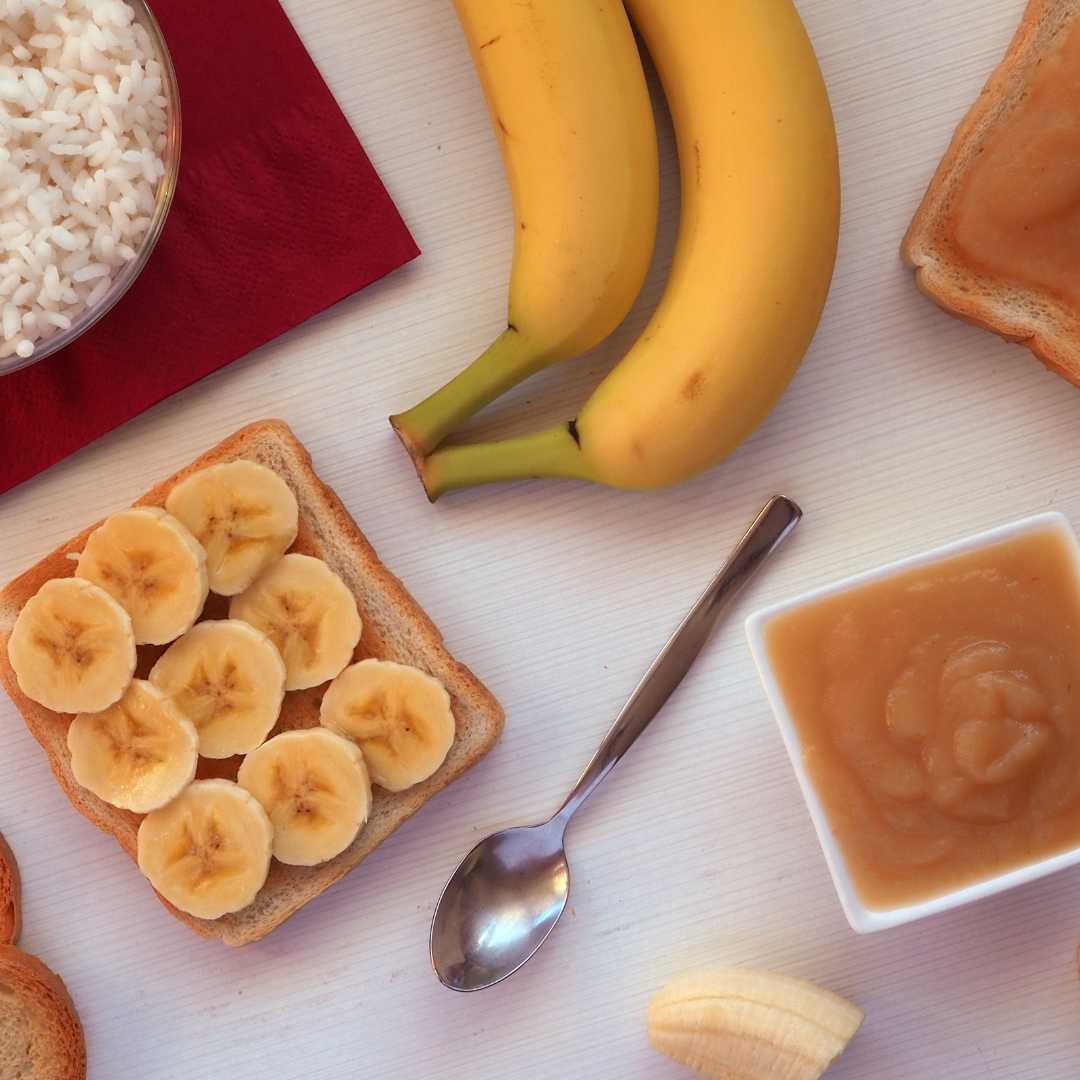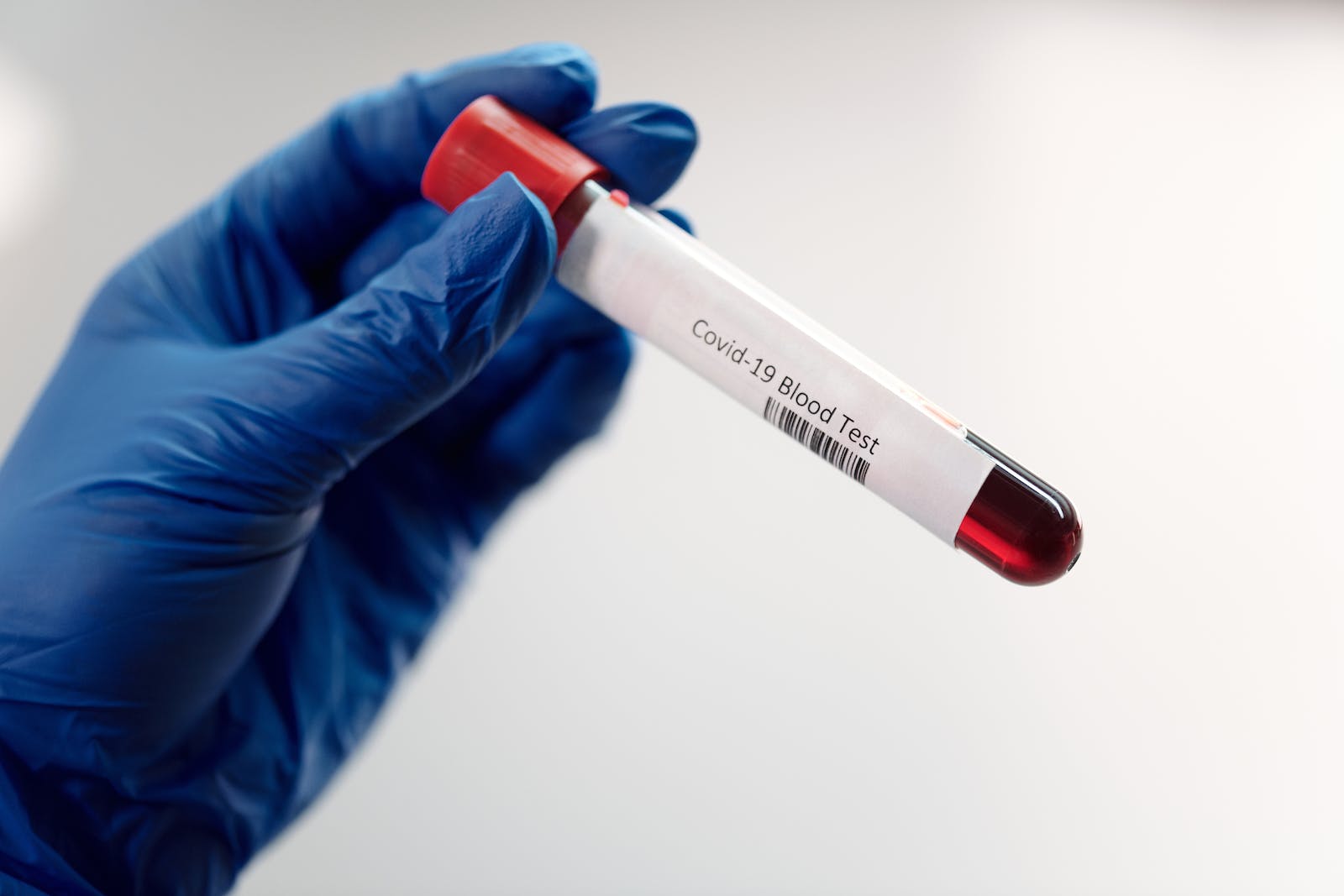
Why is it important to eat heart-healthy foods? For starters, heart health can help you live a longer and healthier life. Cardiovascular diseases are health conditions that affect the heart and blood vessels surrounding it. According to the World Health Organization, heart disease is the number one cause of adult death globally, with an estimated 17.9 million people dying from cardiovascular diseases in 2019 alone. If you don’t want to be part of that harrowing statistic, you have to pay attention to your cardiovascular health by making smarter lifestyle choices, such as by eating more heart-healthy foods.
The heart is the most important organ of the body because it supplies oxygen and nutrients to other vital parts of your body, such as your brain, liver, kidneys, etc. Moreover, the heart also plays an important role in the excretion of waste and toxins in the body. Thus, if your heart fails, it is only a matter of time before all the rest of your organs fail. Besides, poor heart health means you can suffer from high blood pressure, heart attack, heart failure, or a stroke.
Fortunately, you can protect your heart by eating a healthy, well-balanced diet including many heart-healthy foods. Studies show you can mitigate heart disease and stroke by up to 80% with lifestyle changes like healthy eating and exercise. As people age, it is even more important to be cognizant of what you eat. Clean eating can prevent the onset of serious conditions like heart disease, hypertension, or diabetes. Let’s review some heart-healthy foods that you should incorporate into your diet to safeguard your health and wellness:

Eat More Green Leafy Veggies
If you want to fuel your body with heart-healthy foods, start by loading up on leafy, green vegetables. They are chock full of antioxidants that mitigate oxidative stress and cellular damage. They are also full of nutritious vitamins like vitamin C, A, and iron that beef up your immune system.
Besides, studies say they’re an excellent source of vitamin K, which protects your arteries from calcification and promotes optimal blood clotting. On top of that, greens have high nitrates, which have been shown to decrease the arteries’ stiffness, improve the blood vessels’ cell linings, and reduce blood pressure.
Enjoy greens with your lunch and dinner to hit your daily nutritional target. You can even incorporate it into breakfast smoothies. Try to add these greens to your diet:
- Kale
- Spinach
- Lettuce
- Broccoli
- Sprouts
- Cabbage
- Collared greens
- Swiss chard
- Mustard greens
Make Room for Whole Grains
Low carb diets like Atkins or Keto have many people thinking that carbs are bad for you. However, that’s not the case for the general population. Human beings actually need a good amount of healthy carbs to sustain bodily functions and maintain energy levels. The amount varies depending on the person’s weight and physical activity.
The key is making room for the right carbs. Avoid processed carbs with high sugar like cookies, cakes, pastries, and pies. Instead, reach for whole-grain carbs that contain tons of fibre. They release glucose or simple sugar into the blood at a slower pace than refined carbohydrates. This means you maintain optimal blood sugar levels and decrease your cravings.
Whole grains also contain the germ, endosperm, and bran, which are all fibrous. And fiber plays a huge part in decreasing your LDL or bad cholesterol levels. In addition, multiple studies confirm that including whole grains in your can significantly improve your heart health. For example, including three or more servings of whole grains a day can reduce blood pressure, lowering your risk of heart disease by 22% and your risk of stroke by 25%.
When shopping for whole grains, be sure to read the labels carefully. Ensure that the products you buy are truly unrefined with words like “whole grain” or “whole wheat” because multigrain or wheat flour is not the same. Load up your grocery cart with the following:
- Whole wheat
- Brown rice
- Steel-cut oats
- Rye
- Barley
- Quinoa
- Buckwheat
Be Merry with the Berry Family
Since childhood, you were taught to eat your serving of glow foods. Apart from veggies, this includes fruits. Among the different fruits, berries like strawberry, blueberry, raspberry, and blackberry play a huge role in boosting heart health. Berries are super-rich in anthocyanins, which are antioxidants that defend you against oxidative stress and inflammation. Unfortunately, both contribute to the onset of heart disease.
Eating a lot of berries can also reduce bad cholesterol and help minimize your blood pressure. Fortunately, it is very easy to incorporate this into your diet. You can incorporate it in many recipes such as:
- Mixing with salads
- Adding to oatmeal or whole-grain cereal
- Making it into a smoothie
- Incorporating it in trail mixes
- Toppings for your healthy pancake
Best of all, they are small enough to grab and go. You can put berries in a ziplock and eat without further preparation because they are tasty enough on their own. They are healthy snack treats to curb your hunger in between meals while satisfying your sweet tooth.
Trivia: Tomato is botanically classified as a fruit and berry. Coincidentally, you can add more of this into your diet as well because it is rich in lycopene, which is another powerful antioxidant that protects the heart.
Say Hello to Avocado
When you are looking for an excellent fat source, avocado is your best bet. This is a heart-healthy monounsaturated fat, which studies show reduces your bad cholesterol, lowers blood pressure, and lowers your risk for heart disease.
Besides, avocados are rich in potassium, which is an essential nutrient for the heart as it regulates the beating and electrical activity of the heart. If you need inspiration, you can use avocado to make:
- Smoothies
- Mousse
- Ice cream
- Salsa
- Salads
- Toppings to soup

Consume More Fatty Fish
You need good fats like omega 3 fatty acids to protect your heart health. Studies show that having moderate consumption of fatty fish can decrease your blood pressure, lower bad cholesterol, promote healthy triglycerides, boost arterial function, and improve fasting blood sugar. This means incorporating two to three portions of the following fatty fish per week:
- Salmon
- Mackerel
- Tuna
- Sardines
Remember, opt for baked, grilled, or steamed fish. Steer clear of fried fish because this absorbs a lot of the cooking oil, which is bad for your overall health. If you cannot tolerate the taste of fish, ask your doctor about incorporating a fish oil supplement instead.
Indulge Once in a While with Nuts and Seeds
Nuts and seeds are rich in unsaturated fats and omega 3 fatty acids. Research says taking them, especially walnuts, chia seeds, flax seeds, and almonds, in moderation will do the following for your heart:
- Improve arterial lining
- Reduce inflammation linked to heart disease
- Prevent blood clot formation
- Lower bad cholesterol
- Help lower blood pressure
However, the key is consuming them in moderation because they are 80% fat. A handful of nuts and seeds contains tons of calories. Be sure to choose unsalted and roasted variants and use them sparingly. You can eat them as a filling snack or use them as toppings for your salads, smoothies, and yoghurt.
Remember That Eating Heart Healthy Foods CanMake a Big Difference
Remember, you don’t have to drastically reduce the amount of food you eat to promote heart health. You can still have a filling, nutritious, and delicious meal that tickles your taste buds. The key is to make smarter and healthier choices because what you put in your mouth has a significant impact on your health and wellness. Your food intake is a very critical component in coronary heart disease.
Don’t think of this as a diet fix but a sustainable lifestyle choice for the long haul. To protect your heart and other organs, eat fewer junk foods rich in saturated fat, sodium, and empty calories. This doesn’t mean saying goodbye to them for good because a cheat treat (NOT cheat day) every now and then will add some spice to your life. Besides, partaking in your comfort food ensures you can continue enjoying yourself.
What you need is to practice the fine art of balance and moderation. If you are concerned about your heart health, especially if the cardiovascular disease runs in your family, speak with your doctor about getting lab work done to confirm your health standing. It would also be helpful to take genetic testing to determine the optimal diet plan based on your DNA. You can get this now with a home kit like CircleDNA. Test results will reveal your health risk factors, along with the best nutrition plan and exercise routine that will suit your unique genetic profile.






